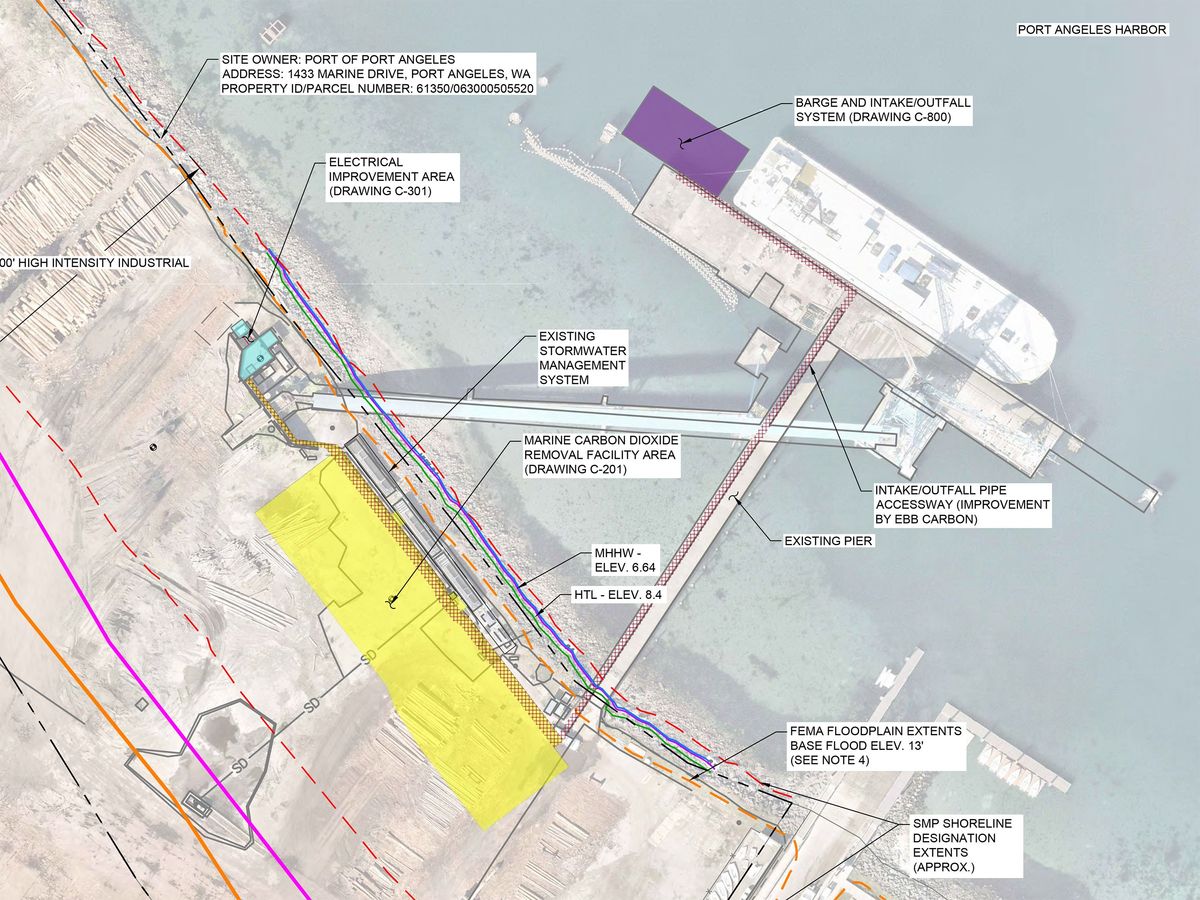Overall, 2021 was a good year for tech professionals in the United States, with the average salary up 6.9 percent to US $104,566, according to online recruitment firm Dice. Dice released these numbers last month as part of its annual Tech Salary Report.
Hired, another online job-search firm, saw bigger dollar figures than Dice in its 2021 U.S. tech salary data—a $152,000 average—but reported a 1.1 percent overall dip from 2020, a change it attributed to a shift in hiring toward professionals who are earlier in their careers.
However, according to Dice’s numbers, competition for machine learning, natural language processing, and AI experts softened in 2021, with average salaries dropping 2.1 percent, 7.8 percent, and 8.9 percent respectively. This comes on the heels of repeated—and sometimes dramatic—increases in recent years. Average U.S. salaries for software engineers with expertise in machine learning, for example, jumped 22 percent in 2019 over 2018, then went up another 3.1 percent in 2020.
“There are a variety of factors likely contributing to [these] decreases,” Dice chief marketing officer Michelle Marian told IEEE Spectrum, “with one important consideration being that more technologists are learning and mastering these skill sets. The increases in the talent pool over time can result in employers needing to pay at least slightly less, given that the skill sets are easier to find. We have seen this occur with a range of certifications and other highly specialized technology skills.”
Meanwhile, a scarcity of specialists in Solr, an open-source enterprise search platform, drove that average salary to the top of the charts.
In 2021, as in 2020, major tech companies touted plans to relocate from Silicon Valley to Austin, Texas. However, Silicon Valley’s tech salaries, already higher than Texas averages, increased their lead slightly, climbing 5 percent to $133,204 compared with Austin’s 4.6 percent to $109,176. (These numbers do not consider cost of living, which generally gives Austin a significant edge, particularly if you want to buy a house). But the biggest growth in salaries came outside these two tech hubs, with Seattle, Los Angeles, Atlanta, Philadelphia, and Chicago all recording double-digit increases, according to the Dice analysis.
Dice also looked at salary changes by occupation. After a dip in 2020, management salaries climbed an average of 6 percent to $151,983 in 2021. And the second most lucrative tech occupation, systems architect, also registered a big gain, up 5.1 percent to 147,991.
But Dice found that Web developer is the fastest growing tech occupation, with a 21.3 percent increase in average salary to $98,912. Tech professionals working as database administrators, data analysts, UX/UI designers, and technical support engineers also saw double-digit growth.
Demand seemed to be slowing for cybersecurity analysts and data engineers, however. Up 16.3 percent in 2020 from 2019, the average cybersecurity analyst salary fell 0.8 percent in 2021 to $102,253, and data engineers saw an average salary drop of 1.1 percent, to $117,295, after a 4.7 percent increase in 2020.
The Dice report speculated that this change could have “something to do with the proliferation of tools designed to carry out some of these roles’ highly specialized functions.”
- U.S. Tech Salaries Climb, Says 2021 Report - IEEE Spectrum ›
- What Do Software Engineers Get Paid? - IEEE Spectrum ›
- 12 Graphs That Explain the State of AI in 2022 ›
- Inflation-Adjusted Income for US Engineers Drops - IEEE Spectrum ›
- Eight Graphs that Explain Software Engineering Salaries in 2023 - IEEE Spectrum ›
Tekla S. Perry is a senior editor at IEEE Spectrum. Based in Palo Alto, Calif., she's been covering the people, companies, and technology that make Silicon Valley a special place for more than 40 years. An IEEE member, she holds a bachelor's degree in journalism from Michigan State University.



